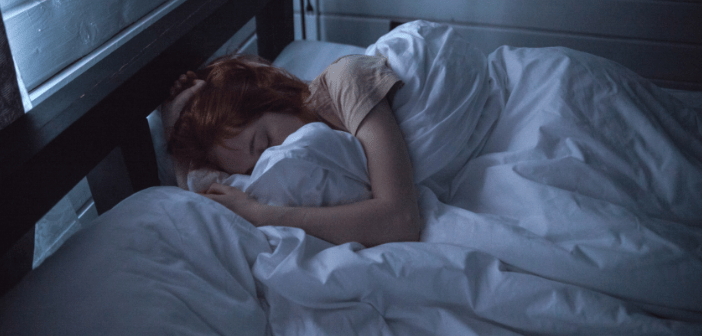What impact has the COVID-19 lockdown had on sleep behaviors?

Stay-at-home orders and ‘lockdowns’ resulting from the COVID-19 pandemic have, in many cases, given individuals a more relaxed school and work routine. Two studies, carried out by groups at the University of Basel (Switzerland) and the University of Colorado Boulder (CO, USA), have determined that this has impacted sleep behavior in Europe and the USA, respectively.
Both studies, published in Current Biology, reported that on average, people experiencing lockdown conditions are sleeping more.
In the European study, individuals in Germany, Austria and Switzerland were recruited to complete surveys on sleep duration and quality.
From the self-reported data, the research group determined that new working from home schedules reduced the mismatch between social and biological sleep–wake timing, resulting in prolonged sleep duration.
They also observed a decrease in quality of sleep. “Usually, we would expect a decrease in social jetlag to be associated with reports of improved sleep quality,” explained first author of the study, Christine Blume (University of Basel). “However, in our sample, overall sleep quality decreased. We think that the self-perceived burden, which substantially increased during this unprecedented COVID-19 lockdown, may have outweighed the otherwise beneficial effects of a reduced social jetlag.”
The authors of this study proposed that this decrease in sleep quality could be mitigated by increased exposure to natural light and regular exercise.
You might also like:
In the American study, university students were recruited to self-report on sleep duration. During the stay-at-home orders, 92% of students got the recommended 7 hours of sleep a night, while previously, this had only been achieved by 84% of the group.
“Insufficient sleep duration, irregular and late sleep timing, and social jetlag are common in modern society and such poor sleep health behaviors contribute to and worsen major health and safety problems, including heart disease and stroke, weight gain and obesity, diabetes, mood disorders such as depression and anxiety, substance abuse, and impaired immune health, as well as morning sleepiness, cognitive impairment, reduced work productivity, poor school performance and risk of accident/drowsy driving crashes,” commented first author of the study, Kenneth Wright (University of Colorado Boulder).
The research group hope to further investigate the mechanisms by which sleep behaviors were affected. “Our findings provide further evidence that poor sleep behaviors are modifiable in university students. A better understanding of which factors during stay-at-home orders contributed to changed sleep health behaviors may help to develop sleep health intervention strategies,” concluded Wright.
Sources: Blume C, Schmidt MH, Cajochen C. Effects of the COVID-19 lockdown on human sleep and rest-activity rhythms. Curr. Biol. doi:10.1016/j.cub.2020.06.021 (2020) (Epub ahead of print); Wright KP, Linton SK, Withrow D et al. Sleep in university students prior to and during COVID-19 stay-at-home orders. Curr. Biol. doi:10.1016/j.cub.2020.06.022 (2020) (Epub ahead of print); www.eurekalert.org/pub_releases/2020-06/cp-hch061020.php





